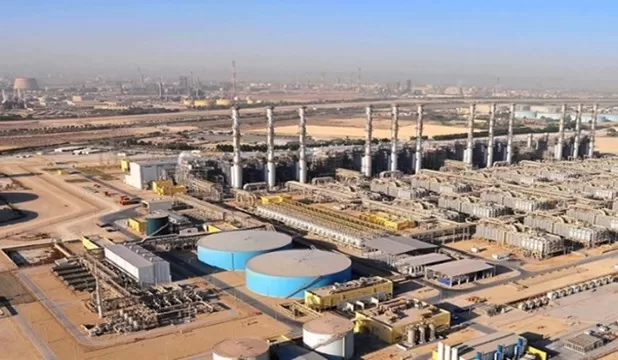Since 2015, the Egyptian government has been working hard on the development of new industrial complexes and cities, to boost productivity, creating new jobs, and increasing national income.
Over the period 2015 to the end of 2023, four new industrial cities and 17 industrial complexes were established with investments worth LE10 billion across 15 governorates.
These sites cover various industries, furniture, ready-made garments, plastics, food processing, engineering, chemical industries, and building materials. Licensed factories can be rented, facilitating things for young entrepreneurs who may lack enough capital to have their own facilities, according to a press statement by the Ministry of Trade and Industry.
Egypt has planned establishing nine new industrial complexes, according to a 2023/2024 plan, the statement added.
“These complexes have been designed to house small enterprises,” Yomn el-Hamaki, a professor of economics at Ain Shames University, said.
“They are crucial since they contribute to the integration of informal economy into the formal one, supporting small industries and creating thousands of new job opportunities, especially for young people. If it hadn’t been for such complexes, shops could have set up on agricultural land or in inappropriate places such as the basements of housing units,” she added.
Hamaki stressed that the newly-established industrial complexes in the upper Egyptian governorates have the potential to reduce regional disparities in economic opportunities.
“These facilities offer one way through which local components of industries can be deepened, curbing imports wherever local alternatives are available,” she noted.
In addition to the complexes dedicated to small and medium-sized enterprises (SMEs), Egypt has also seen a leap forward in its industrial cities.
Since 2017, the state has established new industrial cities, including the Leather City in Al-Rubiki, the new Furniture City in Damietta, the Marble City in Galala, and the Medicine City in the Khanka region.
“Specialised industrial cities contribute to rebuilding and developing the Egyptian economy,” Rashad Abdo, director of the Egyptian Forum for Economic and Strategic Studies, said.
“They identify problems facing each industry and define development needs. They also help assess energy and workforce requirements, and the internal-trade arrangements and exhibitions needed for products, thereby bolstering competitiveness locally and abroad.
“Industrial cities also provide residences for employees,” he added.
In order to stimulate investment in the industrial sector, the government has issued a number of laws, most notably the Law to Facilitate Licensing Procedures, the New Investment Law, the Small, Medium and Micro Enterprise Development Law, as well as the amendments to the Law on Protection of Competition and Prevention of Monopolistic Practices.
The fact that Egypt is improving its industrial competitiveness through new manufacturing zones will likely pay off over the long term if the country capitalises on its strong relations and trade agreements with Europe and the US, as well as other countries, and if it eases time and costs constraints for setting up new factories,” Abdo stressed.
Egypt bets on its potential to expand its manufacturing base and regain its position as an attractive local hub for foreign direct investments, by sharpening its focus on industrial zone development, Abdo said.






Discussion about this post